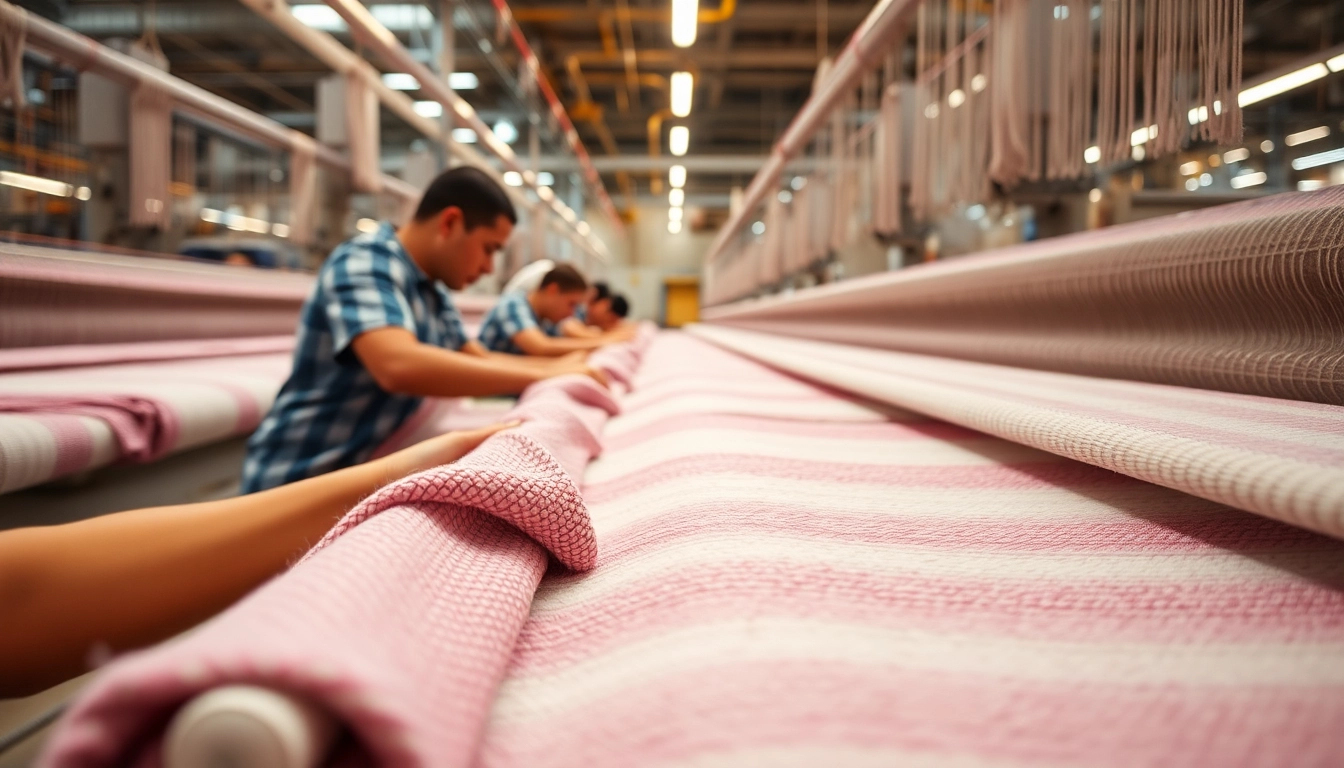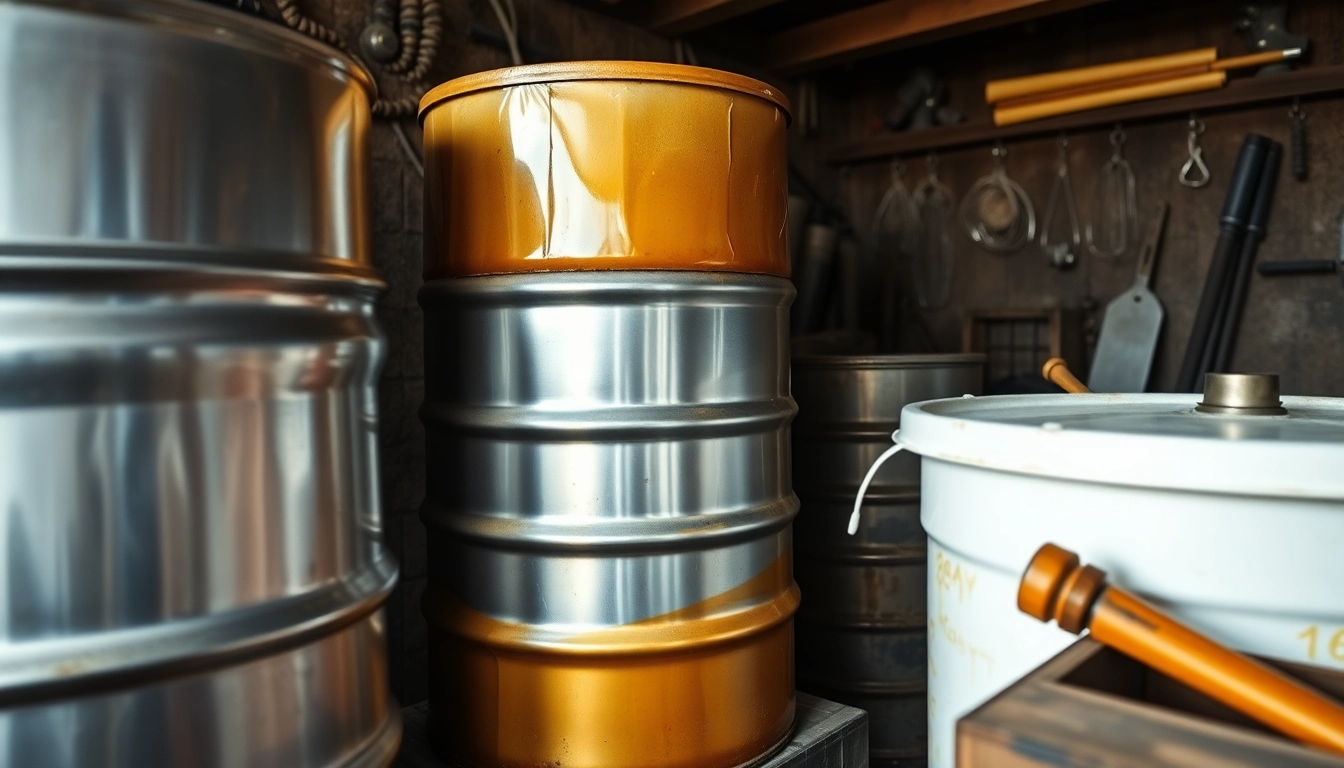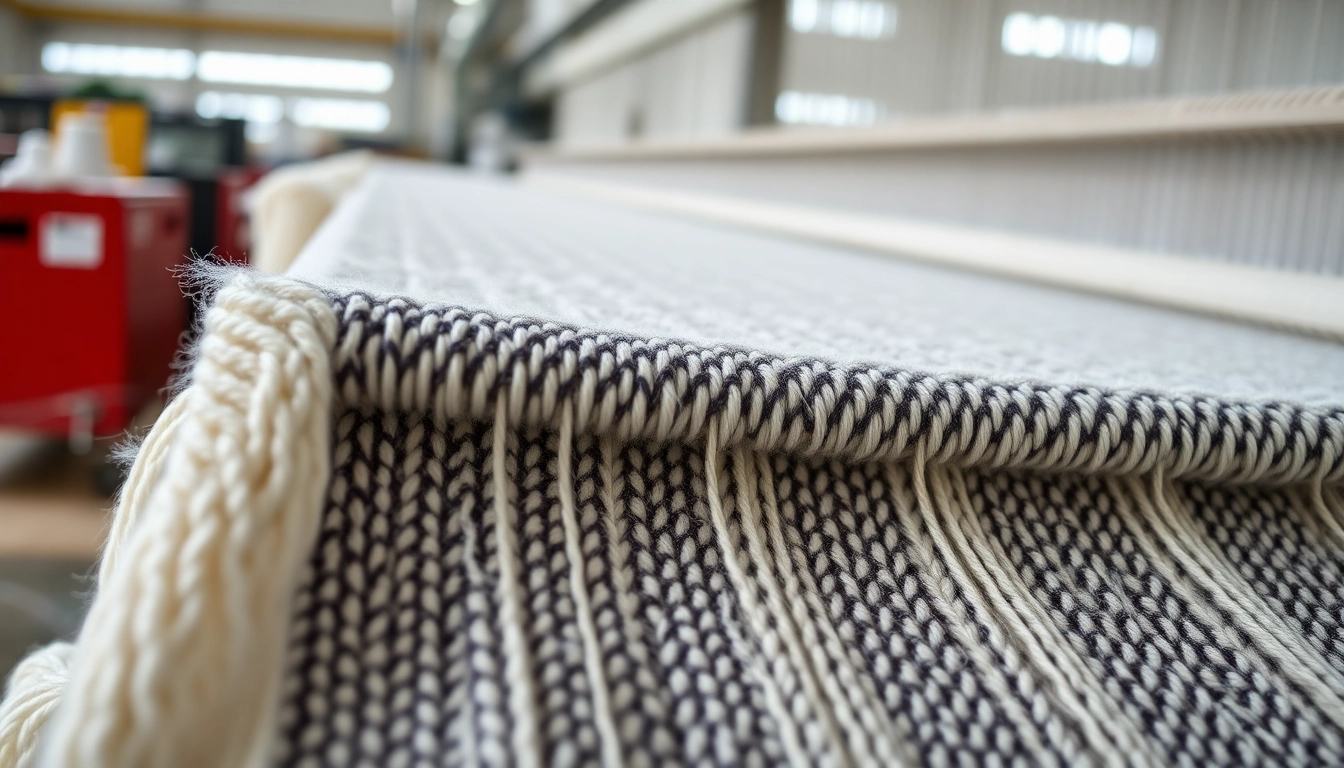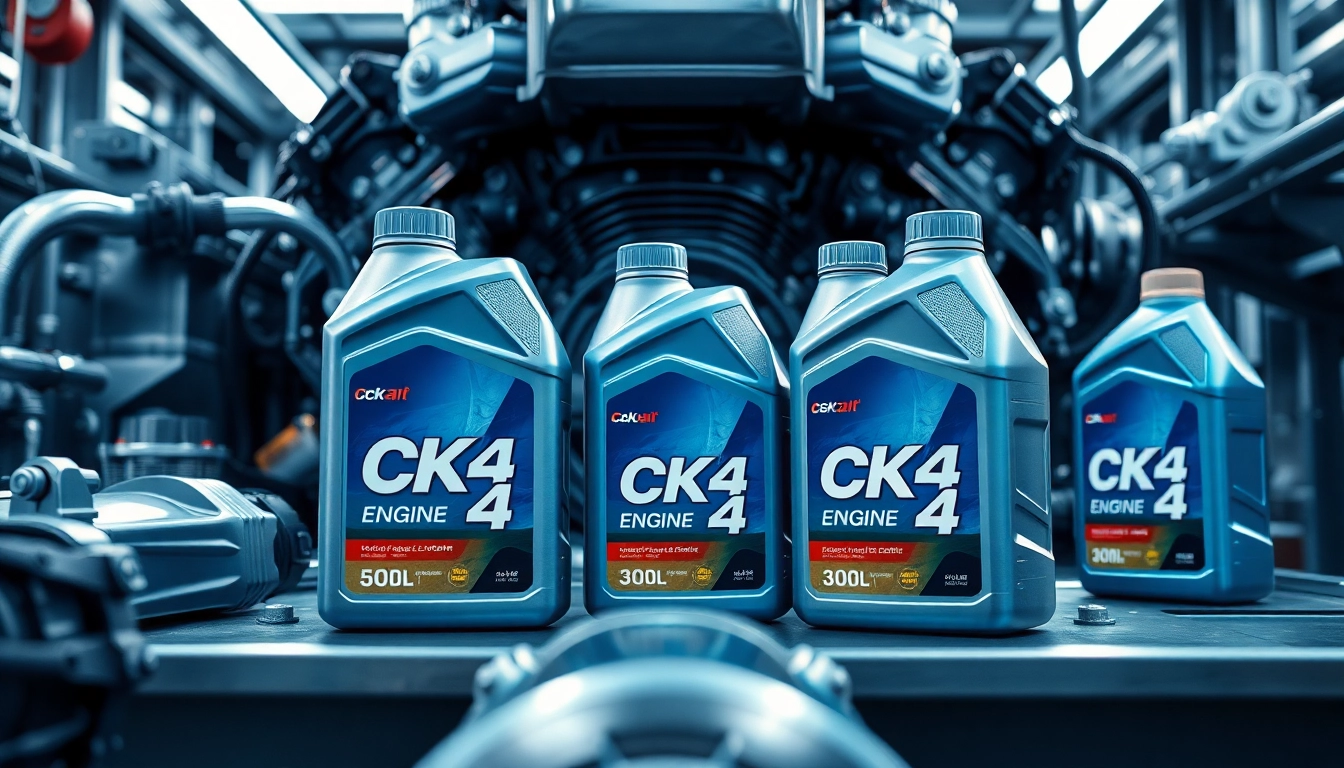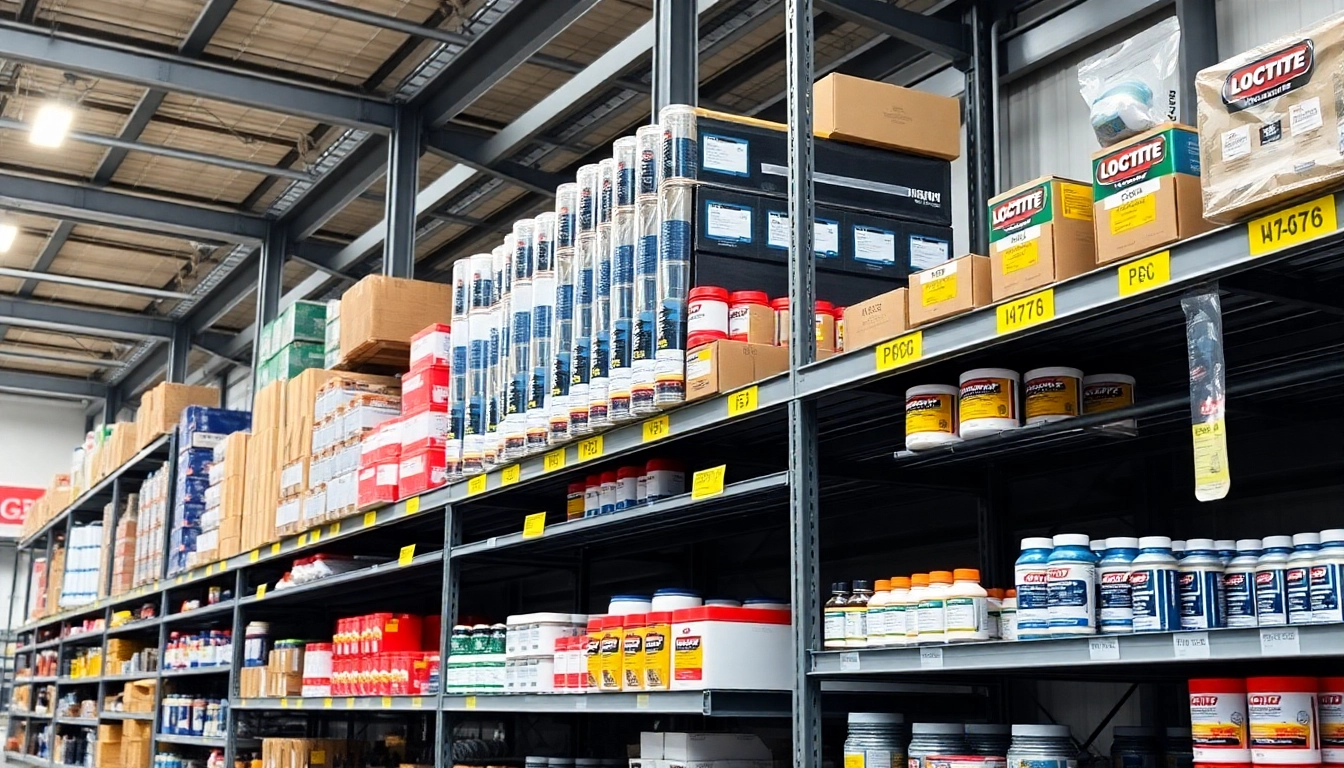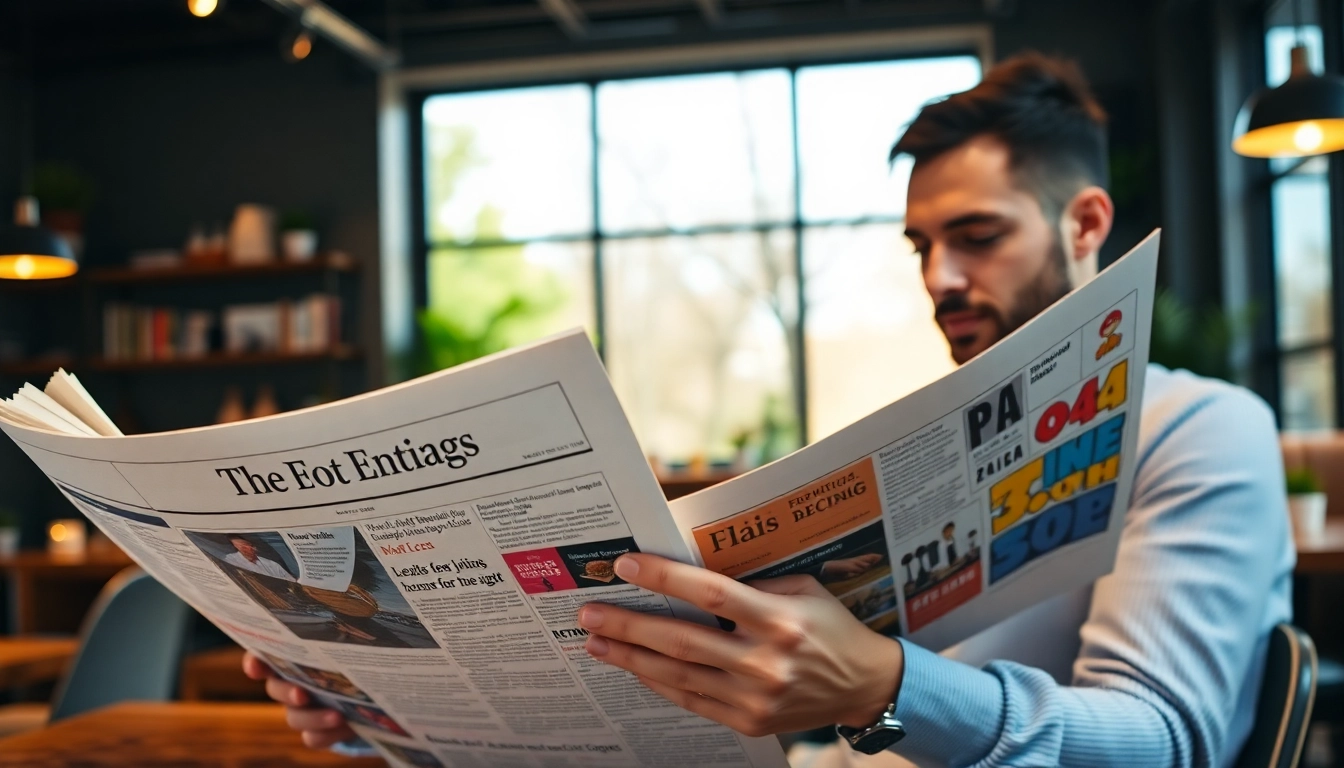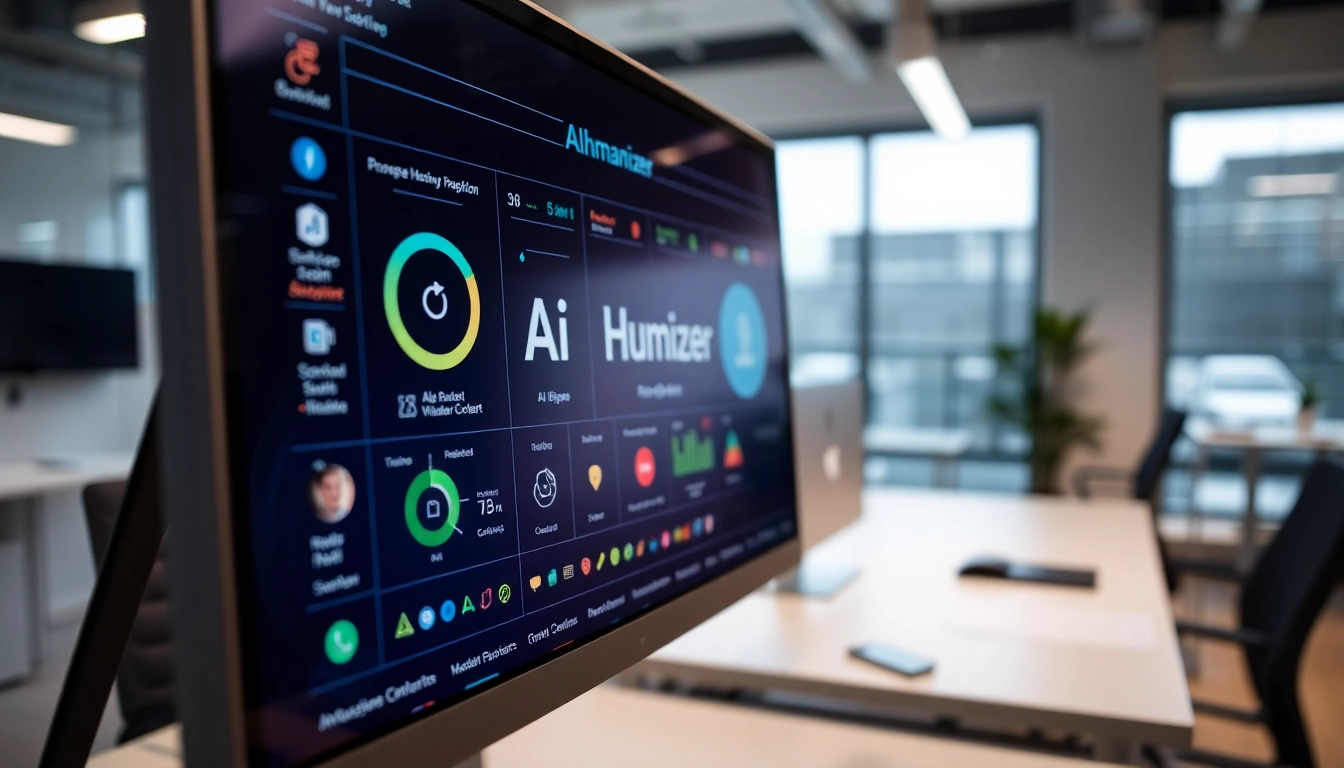Understanding the Towel Manufacturing Process in Pakistan
Pakistan has established itself as a significant player in the global textile industry, particularly in the production of high-quality towels. The country’s strategic location, abundant raw materials, and skilled labor force have created a thriving environment for towel manufacturing. For businesses and entrepreneurs interested in sourcing or establishing towel production units, understanding the intricate towel manufacturing process in Pakistan is crucial. This knowledge not only ensures product quality but also streamlines the supply chain, reduces costs, and enhances customization capabilities. To explore how manufacturers tailor their products to meet diverse client needs, visit towel manufacturing process in Pakistan for comprehensive insights.
Phases of the Towel Manufacturing Process in Pakistan
Raw Material Selection and Cotton Quality
The foundation of superior towels lies in selecting the right raw materials. Pakistan predominantly utilizes 100% Pakistani cotton, renowned for its long staple fibers, which yield soft, durable, and absorbent towels. Selecting premium cotton involves assessing fiber length, strength, and cleanliness, ensuring minimal impurities. Suppliers often source raw cotton from local farms or import high-quality fibers based on product specifications. The choice of raw material impacts the towel’s texture, durability, and ability to retain color and shape after multiple washes.
Yarn Winding, Warping, and Weaving Techniques
Once raw cotton is procured, it undergoes several preparatory processes before becoming a towel. The cotton is spun into yarn using modern spinning machines, designed to produce consistent thickness and strength. The yarn is then wound onto bobbins and prepared for weaving through warping; this step involves aligning multiple yarns to form a warp beam, which is attached to the loom. Pakistan employs both shuttle and shuttle-less looms, with many units increasingly adopting automatic and computerized looms for higher efficiency and precision.
Finishing, Dyeing, and Quality Control
Post-weaving, the fabric undergoes finishing processes that include bleaching, washing, and dyeing. Pakistan’s towel factories utilize eco-friendly dyeing techniques that ensure vibrant, long-lasting colors while minimizing environmental impact. Finishing might also involve brushing to enhance softness or applying treatments for water resistance or anti-bacterial properties, aligning with custom specifications. Stringent quality control checks at each stage—such as measuring GSM (grams per square meter), checking for defects, and colorfastness—are vital to maintaining high standards. These meticulous procedures ensure that each towel meets the precise expectations of clients worldwide.
Innovations and Sustainable Practices Transforming Pakistani Towel Manufacturing
Automation and Modern Looms
Pakistan’s towel industry is embracing automation to improve productivity, consistency, and quality. Modern computerized looms facilitate intricate weaves, high-speed production, and reduced labor costs. These advancements enable manufacturers to quickly adapt to custom design requirements, making Pakistan a hub for bespoke towel production. Investment in automation also results in reduced wastage and enhanced precision, aligning with global sustainability initiatives.
Eco-Friendly and Sustainable Practices
Sustainability has become a core focus in Pakistani towel manufacturing. Many factories adopt water recycling systems in dyeing, utilize organic and eco-friendly dyes, and switch to renewable energy sources like solar power. Additionally, efforts to reduce chemical use, implement waste management protocols, and pursue fair labor practices have elevated Pakistan’s reputation as a responsible manufacturing hub. These initiatives appeal to eco-conscious brands seeking environmentally sustainable products.
Customization and Production Flexibility
One of Pakistan’s key strengths is its ability to adapt production lines for custom orders. Manufacturers can produce towels with specific sizes, weights (GSM), colors, and patterns—whether it’s a lightweight promotional towel or a plush luxury item. Custom weaving and embroidery are common, allowing brands to embed their logos or intricate designs directly into the fabric. Quick turnaround times and low minimum order quantities make Pakistan an attractive choice for both small and bulk orders.
Industry Challenges and Future Opportunities
Raw Material Sourcing and Cost Factors
While Pakistan benefits from local cotton, global fluctuations in cotton prices and supply chain disruptions can impact production costs. Securing consistent raw material quality and pricing remains a challenge, prompting many manufacturers to develop strategic supply partnerships and diversify sourcing channels. Investing in locally cultivated long-staple cotton can help mitigate some risks and lower overall costs.
Export Markets and Global Competitiveness
Pakistan’s towel manufacturers primarily export to Europe, North America, and the Middle East. Competitive pricing, quality assurance, and product customization give Pakistani firms an edge in these markets. To stay competitive, manufacturers focus on adhering to international standards, acquiring certifications (like ISO or Oeko-Tex), and continuously innovating with eco-friendly practices.
Growth and Investment Trends
The industry is poised for growth with increasing domestic demand, export expansion, and technological advancements. Initiatives such as government incentives, infrastructure development, and industry collaboration foster a conducive environment for investment. Future growth opportunities include integrating smart manufacturing technologies, expanding eco-friendly product lines, and strengthening global supply chain partnerships.
Partnering with Pakistani Towel Manufacturers
Finding Reliable Suppliers
Identifying trustworthy and experienced manufacturers is vital. Attending trade fairs, requesting product samples, and verifying certifications help ensure quality and reliability. Companies like Extreme Towels exemplify reputable partners with over 18 years of experience, offering tailored solutions including custom embroidery, printing, woven patterns, and packaging.
Quality Assurance and Certifications
Quality assurance involves comprehensive checks at every stage—from raw material inspection to final product testing. Certification processes, such as ISO, OEKO-TEX, and BSCI, ensure that production adheres to international standards for safety, environmental compliance, and labor practices, providing peace of mind to global buyers.
Streamlining the Supply Chain for Custom Orders
Effective communication, clear specifications, and collaboration with a dedicated production team are crucial. Modern Pakistani factories leverage digital mockups and rapid sampling to expedite the approval process. Establishing long-term relationships enhances supply chain efficiency, minimizes lead times, and ensures consistent product quality.
